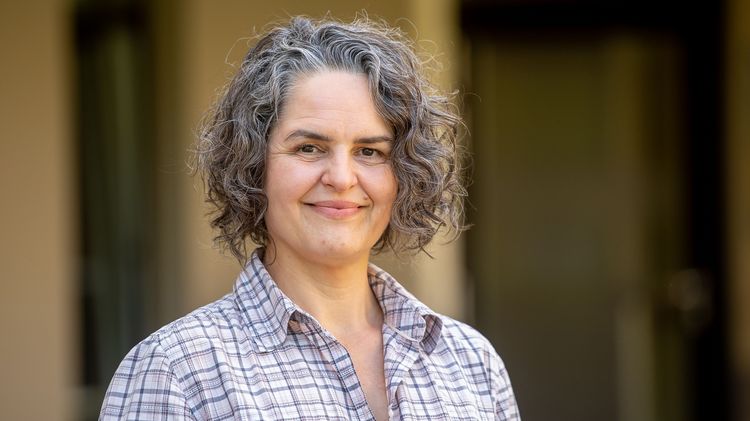How will ageing change in the coming years?
How will ageing change in the coming years?
How will ageing change in the coming years?

Children who don't live nearby, a shortage of skilled nursing staff and people who are getting older and older: Geriatrician Tania Zieschang is convinced that ageing faces new challenges, but also opportunities.
"The way we feel about ageing is constantly changing. For World War II widows born in the 1920s, for example, growing old after a lifetime of looking after children and tending to the elderly meant being looked after oneself at long last. The idea of having to exercise to maintain independence in old age generally met with resistance. Today, doing exercise is considered normal for adults, and the positive effects are well known. Many people are doing more and more to stay fit.
This is great, but it can also lead to frustration when people get older and are confronted with declining physical or mental abilities despite their efforts. They also experience this under different circumstances than previous generations: their children are busy with their jobs, or live far away and are not able to care for them. In view of this dilemma, as well as the shortage of healthcare workers, I am convinced that technical support systems will soon find their way into more and more households. Online shopping using voice commands has long been technically possible, but still needs to be adapted to the needs of older people. Homes will be fitted with sensors that detect things like whether they have got out of bed in the morning, or if they have had a fall, and automatically inform relatives.
One challenge for the field of geriatrics is to reach out to less educated population groups, especially when it comes to offering preventive services. Otherwise, the gap between those who are still fighting fit at 80 and those who feel old at 60 will further widen."
Written by Sonja Niemann


